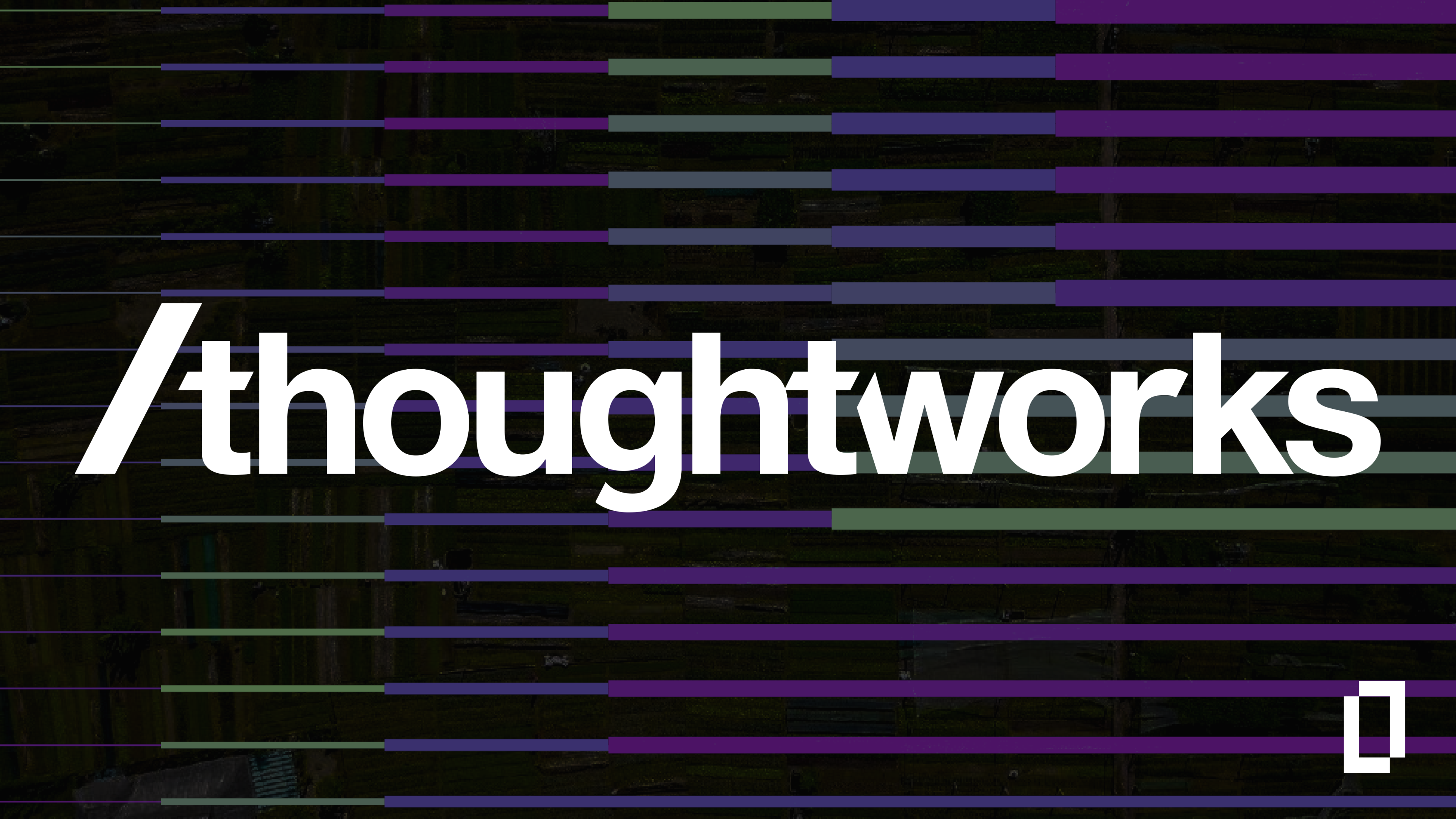PRODUCT IMPLEMENTED
Corporate Carbon Footprinting (CCF)
INDUSTRY
Agriculture Products, Food Ingredients
HQ
Tokyo, Japan
COMPANY SIZE
Less than 100 employees
- Comprehensive Scope 1, 2, and 3 emissions measurement
- Collaboration with Terrascope's sustainability experts to simulate decarbonisation initiatives involving procurement, processing and transportation
- Simulations revealed potential emissions reductions of 25% from altering the processing location and transportation routes of one of their key commodity supply chains
About MC Agri Alliance
MC Agri Alliance is a joint venture between Mitsubishi Corporation and Olam International Limited that imports and distributes coffee, cocoa, sesame, edible nuts, spices, vegetable ingredients and edible oil in Japan. The venture combines Olam's global supply chain networks for sustainable agricultural products and food ingredients, with Mitsubishi Corporation's extensive distribution and sales network in Japan.
MC Agri Alliance is committed to implementing sustainable practices throughout its supply chain, from sourcing raw materials to distribution. And aims to create a supply chain that is future-ready, with a strong focus on environmental impact, in order to meet the growing demand for more sustainable ingredients from their b2b customers.
The Challenge
MC Agri Alliance recognised the opportunity to take market leadership by being one of the first agri-food companies in Japan to measure and reduce their Scope 3 emissions. The challenge was in obtaining a reliable baseline given the large majority of their emissions were coming from upstream suppliers of agricultural commodities, where there was little visibility of the emissions from farming and processing practices.

The Terrascope Solution
Terrascope’s end-to-end decarbonisation platform enabled MC Agri Alliance to take a digital first approach to measure, manage, and plan reductions for its supply chain emissions. The platform provided simulation capabilities to not only identify potential decarbonisation initiatives, but to also quantify the potential emissions reductions.
01.
Optimising Decarbonisation Investments
One of the decarbonisation opportunities that simulation revealed was to alter the processing location and transportation route of a key commodity within MC Agri Alliance’s product portfolio.

This is because:
(1) Singapore has lower grid electricity emissions than Japan due to the predominant use of natural gas power stations, compared to in Japan where coal still powers about a quarter of the country's energy needs.
(2) The processing of the raw material in Singapore reduces the overall weight for onward shipping to Japan, leading to less fuel being needed for onward shipping and thus reducing transportation-related emissions. Moreover, such a strategy is also cost effective, as less fuel used in transportation translates directly to cost savings.
This demonstrates the benefits of calculating Scope 3 emissions to a higher degree of granularity, as the platform can make use of the detailed activity data and emission drivers, to identify such opportunities. Combining emissions data insights with the expertise of the Terrascope team in Agri-Food value chains, enabled MC Agri Alliance to build an impactful decarbonisation program.
02.
A comprehensive solution for managing climate performance
Terrascope helped MC Agri Alliance establish a detailed and repeatable emissions measurement & reporting process. Starting with 2022 data and now covering 2023, the organisation is now able to track and manage emissions over a multi-year horizon, and understand what is truly driving YoY changes. These insights allow the MC Agri Alliance to strategically target value chain hotspots, engage with suppliers and future proof their chain supply, all within a single platform.


![[Video] Barbeques Galore: Spearheading sustainability in retail with CEO Angus McDonald](https://www.terrascope.com/hubfs/BBQG%20%281%29.png)
![[Video] Olam Agri: Spurring Carbon Management with CSO Julie Greene](https://www.terrascope.com/hubfs/Olam%20%282%29.png)